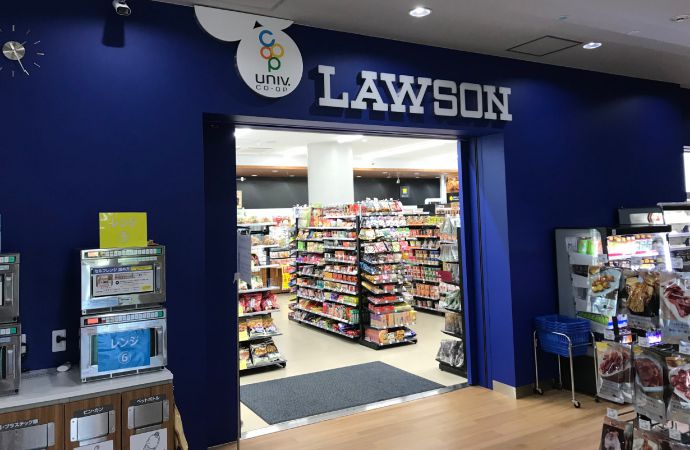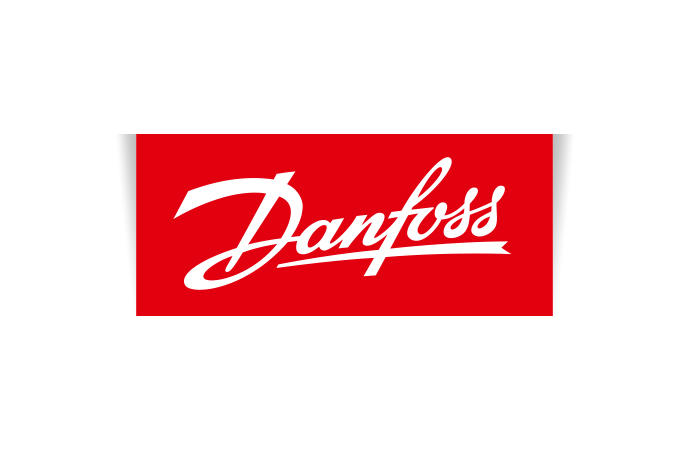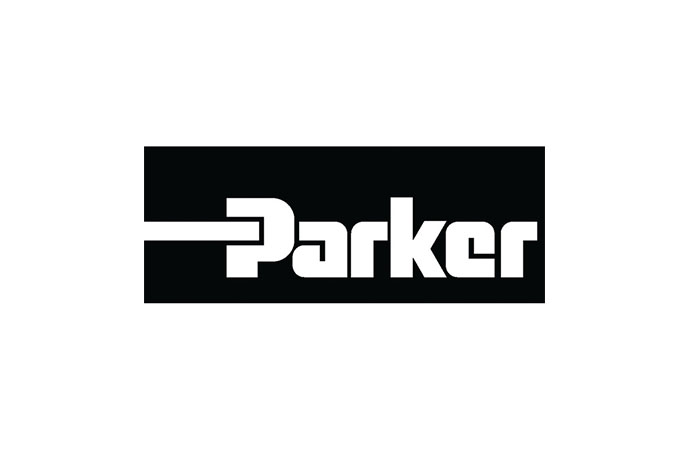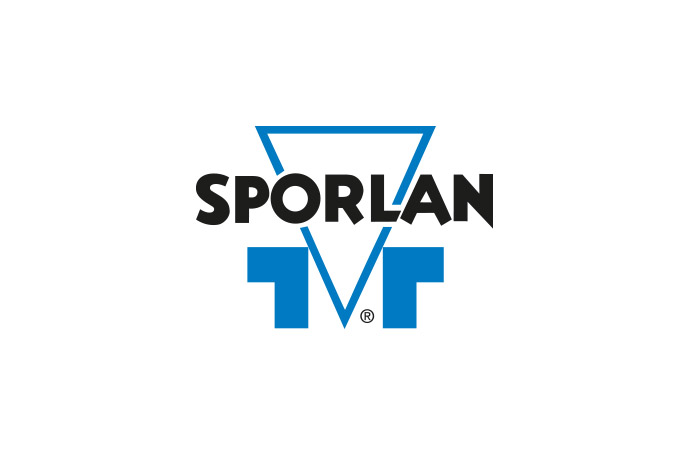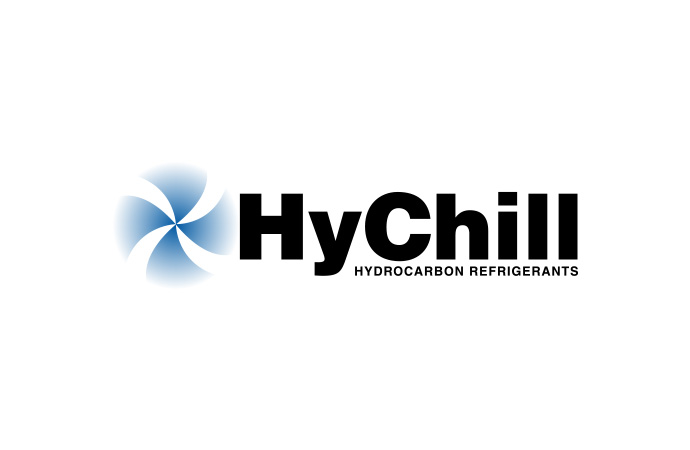In its Cool Technology paper, Greenpeace outlines the myriad successes of HFC-free alternatives in various sectors of industrial heating and cooling appliances. With over 400 million hydrocarbon fridges sold in the world, hydrocarbon domestic air-conditioning and commercial refrigeration appliances are also proving to be a potential success story.

The paper, regularly updated offers a wide variety of environmentally superior and technologically proven HCFC and HFC-free alternatives, including hydrocarbons. From Earthcare Products to Carrier, Husky, Waitrose, Sainsbury’s, Bosch, Johnson Controls, the paper offers user-friendly data that pinpoints the technology used and resulting energy savings.
It is now widely recognised that hydrocarbons are an optimal replacement for HCFC-22 installations. Below is a short selection of the many applications that currently run on hydrocarbons across all five continents.
Greenfreeze from India to the US
Developed in 1982 by Greenpeace, Greenfreeze refrigerators are now being produced in Mexico, Russia, Sweden, New Zealand, the USA (by 2010) Germany, Cuba, China, Argentina, South Korea, Japan, Demark, India and Italy and account for 35% - 40% of the global fleet production (100 million domestic refrigerators and freezers a year). Typically the products use cyclopentane for the foam and isobutane for the refrigerant. The charge of 30 to 60 grams varies according to the size of the refrigerators, which come in all sizes. The technology now dominates the market in Europe, Japan and China.
In March 2009, Bosch marked the first entry of Greenfreeze technology in Northern America by marketing Greenfreeze refrigerators in Mexico. This North American market penetration will be further widened as in October 2008, General Electric announced that it had formally requested the approval of the US Environmental Protection Agency, under the Significant New Alternatives Policy (SNAP) program, to produce hydrocarbon domestic refrigerators for the US market as of 2010.
Hydrocarbon domestic air-conditioning
Italian manufacturer De'Longhi has been selling its propane cooled portable air conditioners (Pinguino ECO) on the European market since 1985. Companies such as UK Elstar Company and Australian Benson Air Conditioning have also been producing a variety of hydrocarbon based split-air conditioners for both home and office use. According to the Australian manufacturer, the hydrocarbon units perform with 15-20% better energy efficiency than the company’s comparable previous R22 range.
In 2009, Chinese Gree Electric Appliances developed and successfully tested a highly efficient hydrocarbon air-conditioner, with COP of 3.6, energy efficiency 15% better than corresponding HCFC-22 unit, and total hydrocarbon charge less than 300 grams.
High efficiency in commercial refrigeration
With 275,000 hydrocarbon ice-cream coolers on the market, Unilever’s coolers have a 9% energy saving compared to their HFC counterparts while using approximately 100 grams of hydrocarbons.
PepsiCo is currently testing new vending machines using natural refrigerants, hydrocarbons as well as CO2. By 2009 PepsiCo had deployed 5,831 testing units, the majority of which use hydrocarbons. The units are deployed primarily in Europe, China and Japan.
Waitrose Supermarket has announced the development of a propane based refrigeration technology, which is expected to reduce the company’s carbon footprint by 20% to be introduced in 2010. The company states that this technology is a “breakthrough for the supermarket industry”.
Johnson Controls is producing a line of medium sized air-cooled hydrocarbon chillers with frequency-controlled screw compressor and V-coil condenser. The capacity range is from 80 kW to 560 kW.
Dutch Ecozone and Australian Energy Resources Group have many years experience working in developing countries, and both have conducted numerous conversions from HCFC-22 to hydrocarbons in a wide variety of settings with different size chillers that demonstrate that as long as routine safety standards are maintained, and work is performed by trained technicians, hydrocarbons are cost effective and efficient substitutes for HCFC-22.
It is now widely recognised that hydrocarbons are an optimal replacement for HCFC-22 installations. Below is a short selection of the many applications that currently run on hydrocarbons across all five continents.
Greenfreeze from India to the US
Developed in 1982 by Greenpeace, Greenfreeze refrigerators are now being produced in Mexico, Russia, Sweden, New Zealand, the USA (by 2010) Germany, Cuba, China, Argentina, South Korea, Japan, Demark, India and Italy and account for 35% - 40% of the global fleet production (100 million domestic refrigerators and freezers a year). Typically the products use cyclopentane for the foam and isobutane for the refrigerant. The charge of 30 to 60 grams varies according to the size of the refrigerators, which come in all sizes. The technology now dominates the market in Europe, Japan and China.
In March 2009, Bosch marked the first entry of Greenfreeze technology in Northern America by marketing Greenfreeze refrigerators in Mexico. This North American market penetration will be further widened as in October 2008, General Electric announced that it had formally requested the approval of the US Environmental Protection Agency, under the Significant New Alternatives Policy (SNAP) program, to produce hydrocarbon domestic refrigerators for the US market as of 2010.
Hydrocarbon domestic air-conditioning
Italian manufacturer De'Longhi has been selling its propane cooled portable air conditioners (Pinguino ECO) on the European market since 1985. Companies such as UK Elstar Company and Australian Benson Air Conditioning have also been producing a variety of hydrocarbon based split-air conditioners for both home and office use. According to the Australian manufacturer, the hydrocarbon units perform with 15-20% better energy efficiency than the company’s comparable previous R22 range.
In 2009, Chinese Gree Electric Appliances developed and successfully tested a highly efficient hydrocarbon air-conditioner, with COP of 3.6, energy efficiency 15% better than corresponding HCFC-22 unit, and total hydrocarbon charge less than 300 grams.
High efficiency in commercial refrigeration
With 275,000 hydrocarbon ice-cream coolers on the market, Unilever’s coolers have a 9% energy saving compared to their HFC counterparts while using approximately 100 grams of hydrocarbons.
PepsiCo is currently testing new vending machines using natural refrigerants, hydrocarbons as well as CO2. By 2009 PepsiCo had deployed 5,831 testing units, the majority of which use hydrocarbons. The units are deployed primarily in Europe, China and Japan.
Waitrose Supermarket has announced the development of a propane based refrigeration technology, which is expected to reduce the company’s carbon footprint by 20% to be introduced in 2010. The company states that this technology is a “breakthrough for the supermarket industry”.
Johnson Controls is producing a line of medium sized air-cooled hydrocarbon chillers with frequency-controlled screw compressor and V-coil condenser. The capacity range is from 80 kW to 560 kW.
Dutch Ecozone and Australian Energy Resources Group have many years experience working in developing countries, and both have conducted numerous conversions from HCFC-22 to hydrocarbons in a wide variety of settings with different size chillers that demonstrate that as long as routine safety standards are maintained, and work is performed by trained technicians, hydrocarbons are cost effective and efficient substitutes for HCFC-22.
MORE INFORMATION
Related stories


